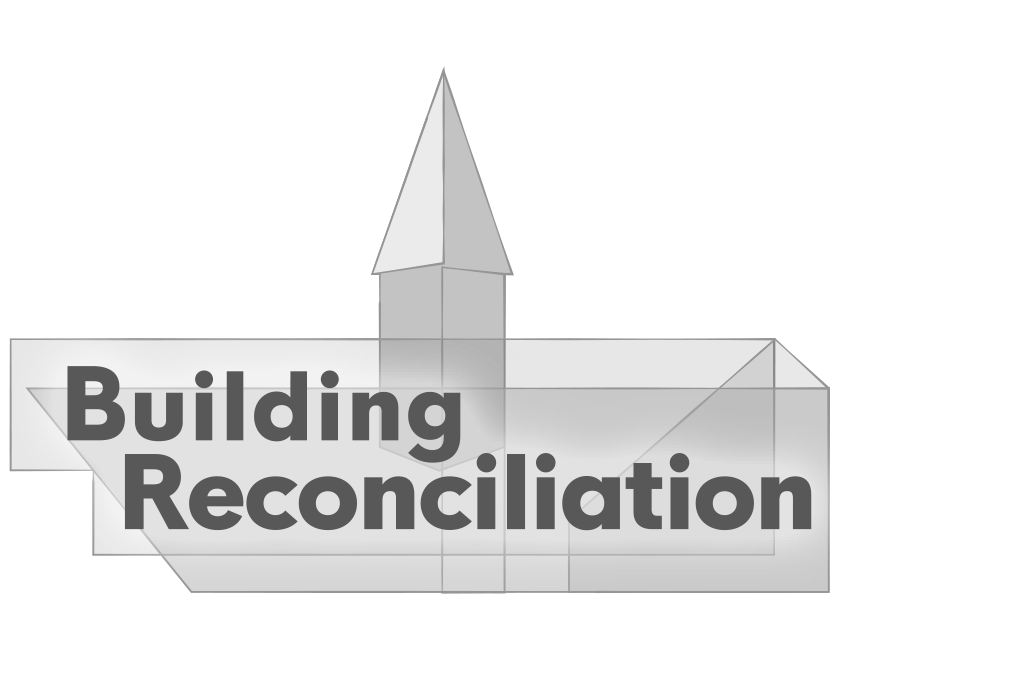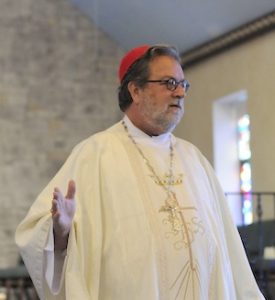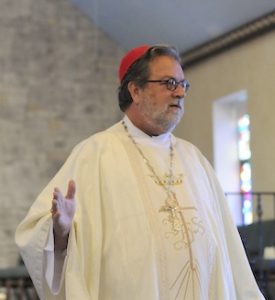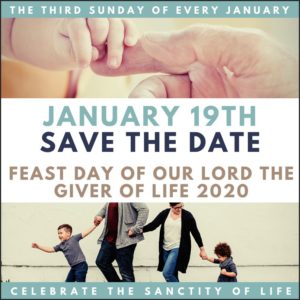The Patriarch’s Letter for this Sunday
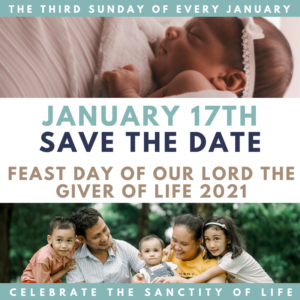 Last March, I was in San Clemente, California, with the Primates Council members and their wives. We had a great gathering, and the Lord spoke to us in so many ways. At the time, we were hearing about this “Coronavirus” that apparently was in China and Europe and perhaps spreading to the United States. Little did we know at the time what that “danger” and “spreading” was all about. When we returned home, suddenly, there was talk about a “lockdown” and the shutting down of entire countries in Europe, and we in the United States were soon to follow. That shutdown happened. We were told the shutdown would be 15 days to flatten the curve so that hospitals could handle the overwhelming numbers of people admitted.
Last March, I was in San Clemente, California, with the Primates Council members and their wives. We had a great gathering, and the Lord spoke to us in so many ways. At the time, we were hearing about this “Coronavirus” that apparently was in China and Europe and perhaps spreading to the United States. Little did we know at the time what that “danger” and “spreading” was all about. When we returned home, suddenly, there was talk about a “lockdown” and the shutting down of entire countries in Europe, and we in the United States were soon to follow. That shutdown happened. We were told the shutdown would be 15 days to flatten the curve so that hospitals could handle the overwhelming numbers of people admitted.
We also heard about “essential services” and “non-essential services.” Grocery stores were essential, and guidelines were given for those who needed to shop. Elderly people even had special times to shop. Of course, healthcare workers, police officers, emergency personnel, sanitation workers, pharmacists, and others were considered essential, and indeed they were.
Then there were the lists of non-essentials that ranged from “gyms” to restaurants and bars. Most small retail shops or barbershops and hair salons were non-essential. Churches were considered non-essential, and still, in many states, churches face restrictions on the number of people who can occupy their buildings. For sacramental churches, like the CEC, that meant there were no Eucharists, no baptisms, no weddings, no funerals, no last rites at the hospitals (clergy were even forbidden to visit dying parishioners), or any other sacramental rite available to the people of God. Thank the Lord for the internet, as the churches could go virtual and minister to the people. The Church established an online presence. But, while churches were considered non-essential abortion, clinics were deemed essential. While medical procedures and other medical services were put on hold as non-essential, abortion was a procedure that was deemed to be essential.
The pandemic put life and death before us. As the numbers of hospitalized patients and those dying from COVID increased, we faced a new pandemic of “fear.” On the positive side, we became deeply concerned about the vulnerable among us in nursing homes, long-term living facilities, assisted living centers, and senior living facilities. Thousands died in these facilities, and the medical community told us outright that the elderly were most at risk and most likely not to survive the virus. The elderly who lived at home were advised to avoid contact with their children and grandchildren. Contact with an asymptomatic child could result in being infected and death. Those who are isolated from the community’s daily life were now even more isolated to be protected from this virus of death.
It is good that soon a vaccine will be available. Healthcare workers and these seniors in facilities will be the first to receive the vaccine, followed by senior citizens who have underlying health issues. Soon those with other diseases will receive treatment. And perhaps our hearts will be changed in our appreciation for the elderly among us. Hopefully, the Church will be awakened to the concerns of our elderly.
Throughout it all, abortion clinics, however, remained open. Abortion clinics were an “essential service.” While society rightfully cared for the elderly, they ignored the preborn — innocent little children who rely totally on others for their protection and life. These babies were still disposable. While politicians ran for office on the handling or mishandling of the Coronavirus, there was little concern or even awareness that some of the candidates ran on a platform that advocated the right to abort a baby up to the moment of birth, and, even in some cases, to allow a baby to die after birth.
The Church is always called to be present during human suffering with the message of life. Our faith is based on a God who suffered among us. It is right and a good thing that many churches ministered to those suffering from COVID. It is also right and good that the Church advocates for the poor, the widow, the fatherless, the single mothers, the disenfranchised, the homeless, the hungry, those in prison, immigrants, and those seeking freedom from tyranny. These are pro-life concerns. The Church needs to proclaim life into these situations, or as some say, we have a ministry of life from the womb to the tomb.
During the pandemic, we continue to have concern for everyone who is at risk, who has the disease, and especially those who mourn the death of a loved one because of the disease. We mourn the loss of almost 300,000 who have died from COVID and pray the new vaccine will end this horror. We continue to preach life and not give in to a fear of death.
Yet, we must also continue to cry out with a loud voice for the preborn babies’ right to life. As of this year, almost 40,000,000 abortions were performed worldwide, according to the World Health Organization. That is 125,000 babies a day. In the United States, roughly 3,000 preborn babies die every day at the hands of abortionists. We are told that 22% of all pregnancies in American end in abortion. There are more babies aborted in parts of New York City than brought to a full-term pregnancy and birth. We cannot get quality of life if we continue to destroy life. Death cannot be a solution to injustice or oppression. That is not good news.
A great deal of progress has been made over the past few years in bringing about change and saving babies’ lives. Abortion clinics continue to close, and some states could soon become “abortion free” states. The courts are now more “friendly” to pro-life cases and rule in favor of the right to life and the protection of the preborn. We could face some setbacks in the next few years, but we will continue to fight to be a voice for the voiceless. (Thank you to all who continue to pray at the abortion mills regularly. Persevere and do not give up.)
A lot still needs to be done on all different levels if we are to win and find a day when abortion will not only be illegal, but unthinkable. We must continue to work towards the day when the truth that God loves the unborn child, and that God loves the mother who has tragically presented herself for abortion, is understood. Our churches should be centers of life and healing for all the little children, for families in crisis, for single mothers, the fatherless, and the widows.
Churches should be a voice for the poor and a place where mercy and justice meet at the cross. We must work towards the day when death is not considered a solution; rather, choices of life for both mother and baby are more obvious and more available.
This is going to take a change of heart. The Pro-life movement is a Gospel movement. We need to support our clergy in preaching and teaching the Gospel of life from womb to tomb. We need to raise a generation that continues in the fight until the right to life is a reality for all. We need to raise a generation that has the heart of God. This is what CEC for Life is all about. Though the end of abortion is a primary concern of CEC for Life, it does not mean the leadership of CEC for Life is not concerned about all life. The battle cry is “All Life is Sacred.”
The Charismatic Episcopal Church was birthed in the Pro-Life movement and the “cultural wars” of the past few decades. As a people, God spoke to us and drew us into the life of the ancient and historic Church. We saw and continue to see that through liturgy and sacraments, along with preaching the Good News and the transformation of the heart, and empowerment by the Holy Spirit (the Lord and giver of Life), we join in a cultural war that has been raging since the beginning of time.
The cross of Christ is a cultural war, and victory was won on that cross in the wounds of Christ Jesus and the shedding of His blood. We found out that, as we participate in His life, and particularly His death, we find that ultimate gift of life, the resurrection and defeat of death. This truth is lived out every day in our people, but particularly in the praise and thanksgiving of the Eucharist Feast.
On January 17th, the third Sunday of the Christmas season, the International Communion of the Charismatic Episcopal Church celebrates a feast in honor of our Lord Jesus Christ, the Lord and Giver of Life. During the Eucharist, an offering is to be taken where we ask every participant and member of the ICCEC to give generously to the pro-life work of our communion. We also ask every clergy, along with every parish, to partner with CEC for Life by submitting their membership request for the year.
I can only ask you to give generously, which most of you do.
What more will we do? We will persevere with the Gospel, knowing that in due season we will reap a harvest if we do not give up. We will continue to pray at abortion clinics. We will continue to work with other Pro-Life groups. We will continue to raise up a generation around the world who are Gospel activists. We will continue to equip the Church with the message of life.
Please once again join us. Be a part of a godly solution and a warrior for life.
Under His mercy,

The Most Rev. Craig W. Bates
Patriarch, ICCEC
This letter was originally published on CEC for Life’s web-site.
